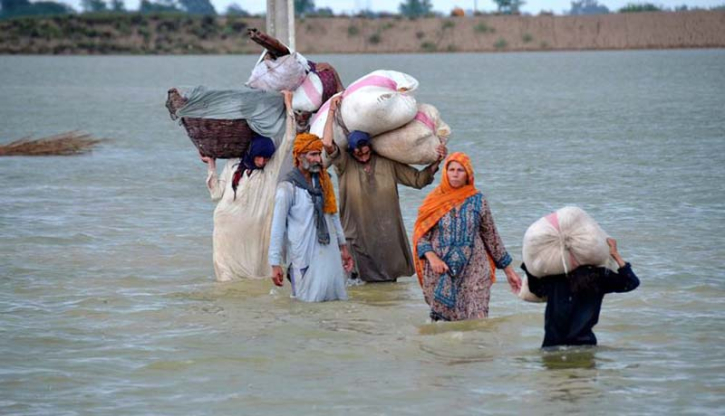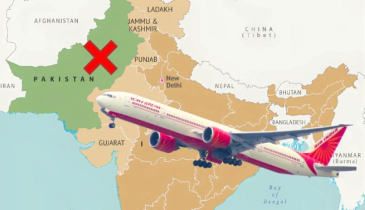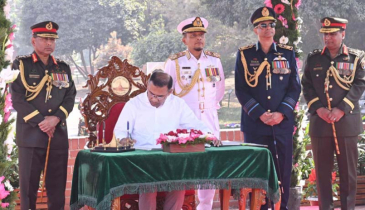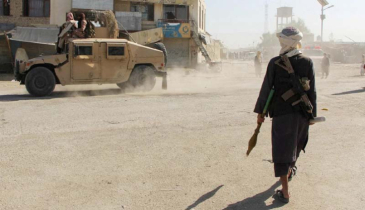180 die in Pakistan floods amid intense monsoon rain

At least 180 people have lost their lives and more than 500 have been injured across Pakistan since early July as the country experiences one of its most intense monsoon seasons, according to data released by the National Disaster Management Authority (NDMA).
Rainfall this year is up to 60% heavier than previous monsoon averages, placing enormous strain on infrastructure, emergency services, and vulnerable communities.
The Pakistan Meteorological Department has warned that more rain, accompanied by strong winds and thunderstorms, is expected to continue in the coming days. The southern province of Sindh is particularly at risk, with urban flooding alerts issued for low-lying areas in Karachi, Hyderabad, Sukkur, Thatta, Badin, Larkana, Jacobabad, Nawabshah, and Mirpurkhas. Residents have been urged to remain indoors, avoid traveling through flood-prone zones, and keep drainage systems clear to reduce risks of household flooding.
In Punjab, the Provincial Disaster Management Authority (PDMA) has issued a warning for the fourth spell of monsoon rains starting Sunday, with the potential to last through July 25. Districts including Lahore, Faisalabad, Rawalpindi, Sialkot, and Multan are expected to receive heavy rainfall accompanied by gusty winds, raising concerns about flash floods and further infrastructure damage.
The Flood Forecasting Division has raised alarms about rising water levels in the Chenab, Ravi, Jhelum, Sutlej, and Indus rivers. All major tributaries and surrounding low-lying areas could face significant inundation, prompting high-level flood alerts throughout the region.
In Khyber Pakhtunkhwa, the monsoon rains combined with accelerated glacial melt have heightened the threat of flash floods in rivers like the Kabul, Swat, Panjkora, Bara, and Kalpani Nullah. Central regions, including Islamabad, are also bracing for moderate to heavy downpours through July 24, raising the risk of urban flooding in major cities.
Emergency response teams in Punjab have rescued 1,594 people caught in flood-related incidents, according to Dr. Rizwan Naseer, Secretary of Emergency Services. Among those rescued, 449 individuals suffered serious injuries and were transported to hospitals for treatment. The province has confirmed 119 deaths so far, with many resulting from the collapse of poorly maintained buildings.
Since June 25, Punjab alone has recorded 369 incidents of building collapses, 23 cases of electrocution, 62 weather-related traffic accidents, and several other emergencies caused by the relentless downpours.
NDMA Chairman Lt. Gen. Inam Haider Malik, speaking to PTV News, attributed the severity of this year’s monsoon to the mounting impacts of climate change, including increased glacier melt and shifts in rainfall patterns. He noted that the government had received early forecasts about this intense season as far back as March, but the sheer scale of the crisis is stretching the country’s disaster response capacity.
.png)









